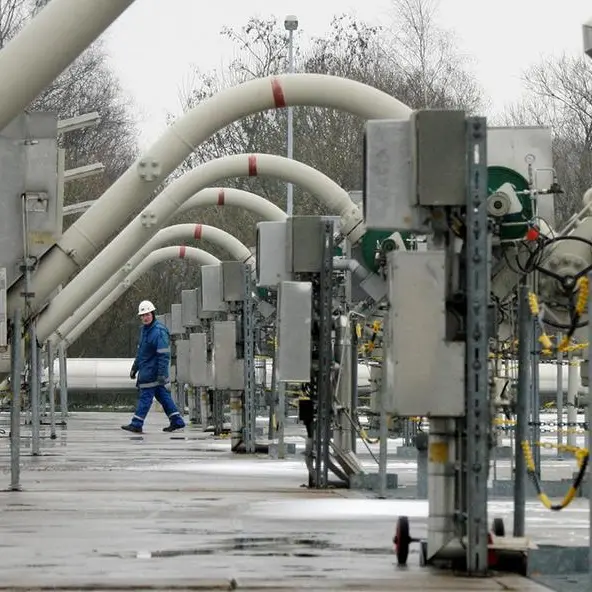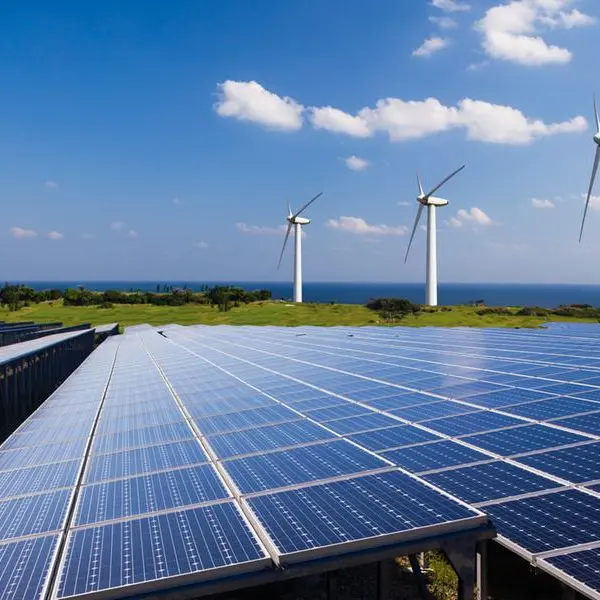PHOTO
The World Health Organization and US health authorities said Friday they are closely monitoring a new variant of Covid-19, although the potential impact of BA.2.86 is currently unknown.
The WHO classified the new variant as one under surveillance "due to the large number (more than 30) of spike gene mutations it carries", it wrote in a bulletin about the pandemic late Thursday.
So far, the variant has only been detected in Israel, Denmark and the United States.
The US Centers for Disease Control (CDC) confirmed it is also closely monitoring the variant, in a message on the social platform X, formerly known as Twitter.
There are only four known sequences of the variant, the WHO has said.
"The potential impact of the BA.2.86 mutations are presently unknown and undergoing careful assessment," the WHO said.
Francois Balloux, professor of computational systems biology at University College London, said the attention attracted by the new variant was warranted.
"BA.2.86 is the most striking SARS-CoV-2 strain the world has witnessed since the emergence of Omicron," he said in a comment published Friday, referring to the variant that exploded onto the global stage in the winter of 2022, causing a surge in Covid cases.
"Over the coming weeks we will see how well BA.2.86 will be faring relative to other Omicron subvariants," he said.
He stressed though that even if BA.2.86 caused a major spike in infections, "we are not expecting to witness comparable levels of severe disease and death than we did earlier in the pandemic when the Alpha, Delta or Omicron variants spread".
"Most people on earth have now been vaccinated and/or infected by the virus," he said, pointing out that even if people were reinfected with the new variant, "immune memory will still allow their immune system to kick in and control the infection far more effectively".
The WHO is currently monitoring upwards of 10 variants and their descent lineages.
Most countries that had established surveillance systems for the virus have since dismantled operations, determining it is no longer as severe and therefore could not justify the expense -- a move the WHO has denounced, calling instead for stronger monitoring.
In the last reporting period between July 17 and August 13, more than 1.4 million new cases of Covid-19 were detected and more than 2,300 deaths reported, according to a WHO statement.
The case load represents a rise by 63 percent from the previous 28-day period while deaths were down by 56 percent.
As of August 13, there were more than 769 million cases of Covid-19 confirmed and more than 6.9 million deaths worldwide, although the real toll is expected to be much higher because many cases went undetected.





















